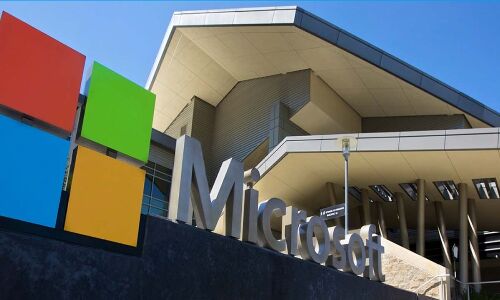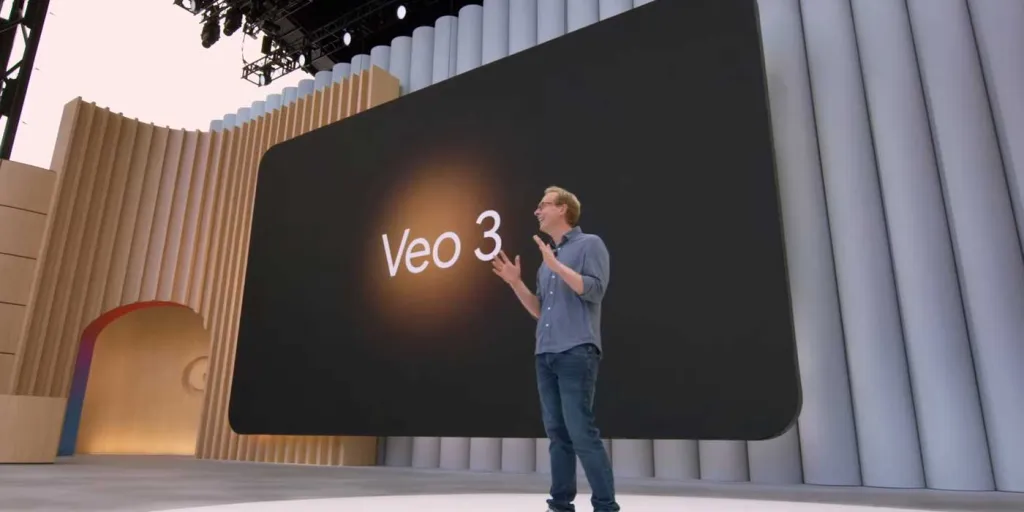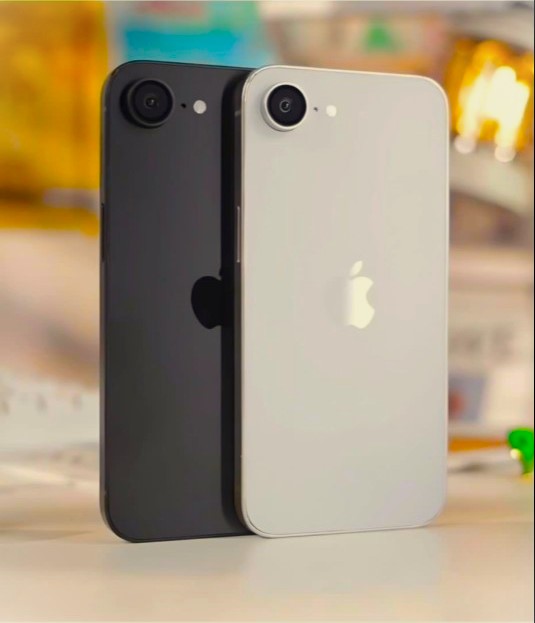Over the past few years, quantum computing has become a major buzzword, and Microsoft is making great strides in this field. The potential of quantum computing is enormous but making it a practical reality has been a major challenge. Now Microsoft’s new advancements, which are based on quantum computing chips, are creating excitement for the scientific community and those industries that can take advantage of this technology.
Quantum computers can solve complex problems that would take classical computers millennia to solve. With Microsoft’s innovative work, which is developing scalable and error-resistant quantum chips, the company is preparing itself to be the leader of the next computing revolution. In this article, we will talk about Microsoft’s quantum computing approach, their new breakthroughs, and the potential impact of these quantum chips.

The Rise of Quantum Computing: What is it?
Before understanding Microsoft’s quantum computing chip, we need to understand quantum computing. Traditional computers use binary bits, which can only represent 0 or 1. But quantum computers use qubits, which can be in multiple states at the same time. This is why quantum computers can perform many calculations simultaneously, which is beyond the reach of classical computers.
The biggest advantage of quantum computing is that it can solve problems that are impossible for today’s classical computers, such as drug discovery, cryptography, optimization problems, and even weather prediction. Seeing this potential, tech giants, governments, and startups around the world are in a race to develop quantum computing.
Microsoft’s Quantum Computing Approach: A Game Changer
Unlike other quantum computing companies, Microsoft has taken a unique approach. While companies like Google and IBM are working on superconducting qubits, Microsoft is developing topological qubits.
Topological qubits are a revolutionary concept, as they are more stable than traditional qubits. One of the biggest challenges of quantum computing is stability because qubits are very quickly affected by noise and errors. Microsoft’s goal is to make qubits that are less affected by environmental disturbances and are reliable.

Microsoft Quantum Chip: What’s special?
The center of Microsoft’s quantum computing revolution is their new quantum chip, which is based on topological qubits. But why is this chip so special?
Topological Qubits: The biggest breakthrough of Microsoft’s quantum chip is topological qubits, which were theorized by physicist Xiao-Gang Wen and Nobel laureate J. Michael Kosterlitz. These qubits are based on Majorana fermions, which exist in a state that cannot be impacted by environmental factors such as heat or electromagnetic radiation.
In simple words, topological qubits are more stable and fault-tolerant than traditional qubits. While superconducting and trapped ion qubits require elaborate error correction, Microsoft’s topological qubits try to eliminate errors on their own, making the system more scalable and efficient.
Scalability: A major challenge in quantum computing is scalability. Microsoft’s topological qubits have been designed in such a way that they help in building large-scale quantum systems. Microsoft has invested heavily in this so that this technology can grow gradually.
Integration with Classical Computing: Another feature of Microsoft’s quantum chip is its integration with the Azure Quantum Platform. This is a hybrid system in which both quantum and classical computing can work together. Developers can write and test quantum algorithms using their familiar tools without specialized quantum hardware.
The advantage of this is that industries such as finance, healthcare, and energy can directly use this hybrid approach.
Error Correction: Quantum systems are very sensitive to errors, but Microsoft’s topological qubits have natural error correction capabilities due to Majorana fermions. Meaning, these qubits try to mitigate errors before they occur. This makes quantum computations more reliable.
Impact of Microsoft Quantum Chip
If Microsoft successfully scales its quantum chip, it will have a major impact on different industries:
- Healthcare: Quantum computing can accelerate drug discovery and personalized medicine. It can accurately simulate molecules and chemical reactions, which are difficult for today’s classical computers. This will allow pharmaceutical companies to quickly develop new and effective treatments.
- Finance: Quantum computing will help solve optimization problems in the financial industry. Stock trading, risk assessment, and fraud detection can become more accurate with the help of quantum computing.
- Energy: Quantum computers can optimize energy systems, find new battery materials, and explore new ways of producing clean energy. Quantum computing could be a big game changer for sustainable energy solutions.
- Artificial Intelligence (AI): Quantum computing can give a new boost to AI and machine learning. Faster data processing and accurate AI models could lead to innovations in autonomous vehicles, robotics, and healthcare.
Challenges and Future Outlook
The potential of quantum computing is as great as the challenges. Quantum computers have to operate at extremely low temperatures and still need further improvements in qubit stability and error correction.
But Microsoft’s quantum chip advancements take us one step further. If research and development continue at this pace, we could see a major revolution in quantum computing in the next 10 years.
















Hairstyles VIP
I’m so in love with this. You did a great job!! http://www.hairstylesvip.com